Daffodil extract could reduce methane emissions from cattle by up to 30%, scientists leading a Scottish farm study have said.
The study, led by a team at Scotland's Rural College (SRUC), has found that adding the daffodil extract to a cow simulator stomach in the lab can reduce its emissions by 96%.
SRUC animal science professor Jamie Newbold said the extract, haemanthamine, “essentially switched off” the bovine methane emissions.
“Based on our experience of taking things from a lab to the animal before, we’re confident we’ll see a 30% reduction,” he said.
The Department for Environment Food and Rural Affairs (DEFRA) has backed the fast-tracking of the initial peer-reviewed daffodil research, with an investment of some £2.8m through ‘Innovate UK’, according to Prof Newbold. An additional £1m will be put into the study from commercial partners.
Extract
The additive haemanthamine is generated when galanthamine, an anti-Alzheimer's drug, is extracted from daffodils. Galanthamine is being extracted more and more in the UK in greater volumes for the treatment of the disease.
Prof Newbold explained that the extraction occurs when the daffodils are crushed and their liquid is passed through tiny tubes.

Five dairy farms have been selected for on-farm trials, with the additive to be fed to the cows either as a powder or through a lick. \ Philip Doyle
The waste product (haemanthamine) was added to the cow simulator stomach at SRUC, along with fodder, and fermented for 24 hours, with a 96% reduction in methane observed.
Research
Prof Newbold told the Irish Farmers Journal that five dairy farms across England and Wales have been selected for on-farm trials. The farms vary from large, intensive total mixed rations fed indoor herds to smaller outdoor dairy systems.
It is envisaged that the haemanthamine will be added to the herd’s diet either through a lick or powder supplement, at a rate of 1g per head per day.
Based on similar additives, Prof Newbold said it will cost about 5c per animal per day.
He said the DEFRA and private investor funding will enable further roll out of the SRUC research. The scientists will be analysing the extent of the daffodil supply chain and the UK’s ability to produce large volumes of haemanthamine.
The SRUC team will also study how the additive will impact the food supply chain and, ultimately, what opportunities there will be for farmer adoption.
Read more
Kangaroo faeces could cut methane in cattle - research
Daffodil extract could reduce methane emissions from cattle by up to 30%, scientists leading a Scottish farm study have said.
The study, led by a team at Scotland's Rural College (SRUC), has found that adding the daffodil extract to a cow simulator stomach in the lab can reduce its emissions by 96%.
SRUC animal science professor Jamie Newbold said the extract, haemanthamine, “essentially switched off” the bovine methane emissions.
“Based on our experience of taking things from a lab to the animal before, we’re confident we’ll see a 30% reduction,” he said.
The Department for Environment Food and Rural Affairs (DEFRA) has backed the fast-tracking of the initial peer-reviewed daffodil research, with an investment of some £2.8m through ‘Innovate UK’, according to Prof Newbold. An additional £1m will be put into the study from commercial partners.
Extract
The additive haemanthamine is generated when galanthamine, an anti-Alzheimer's drug, is extracted from daffodils. Galanthamine is being extracted more and more in the UK in greater volumes for the treatment of the disease.
Prof Newbold explained that the extraction occurs when the daffodils are crushed and their liquid is passed through tiny tubes.

Five dairy farms have been selected for on-farm trials, with the additive to be fed to the cows either as a powder or through a lick. \ Philip Doyle
The waste product (haemanthamine) was added to the cow simulator stomach at SRUC, along with fodder, and fermented for 24 hours, with a 96% reduction in methane observed.
Research
Prof Newbold told the Irish Farmers Journal that five dairy farms across England and Wales have been selected for on-farm trials. The farms vary from large, intensive total mixed rations fed indoor herds to smaller outdoor dairy systems.
It is envisaged that the haemanthamine will be added to the herd’s diet either through a lick or powder supplement, at a rate of 1g per head per day.
Based on similar additives, Prof Newbold said it will cost about 5c per animal per day.
He said the DEFRA and private investor funding will enable further roll out of the SRUC research. The scientists will be analysing the extent of the daffodil supply chain and the UK’s ability to produce large volumes of haemanthamine.
The SRUC team will also study how the additive will impact the food supply chain and, ultimately, what opportunities there will be for farmer adoption.
Read more
Kangaroo faeces could cut methane in cattle - research





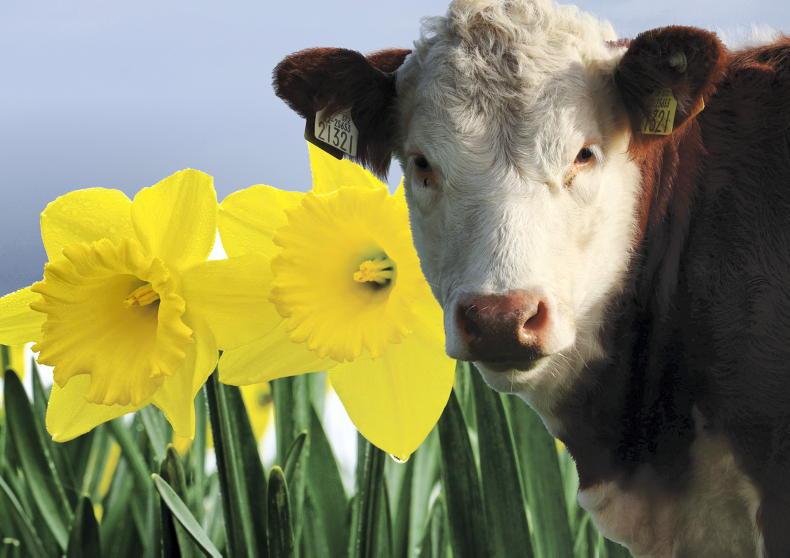
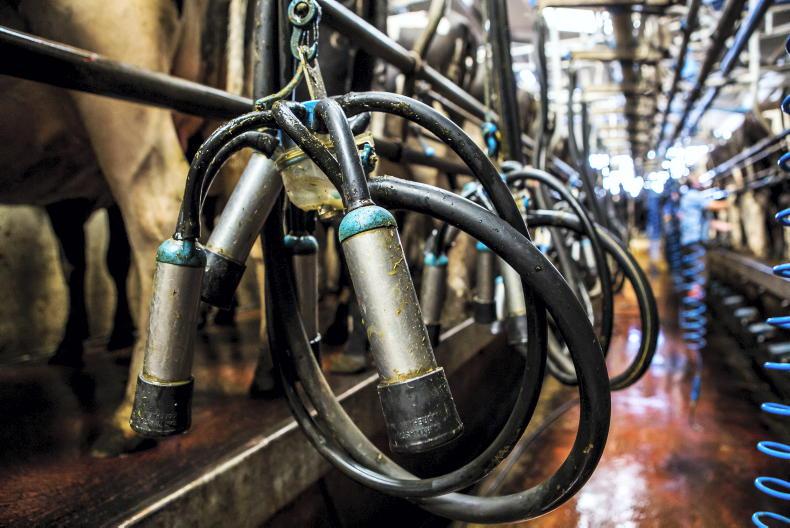

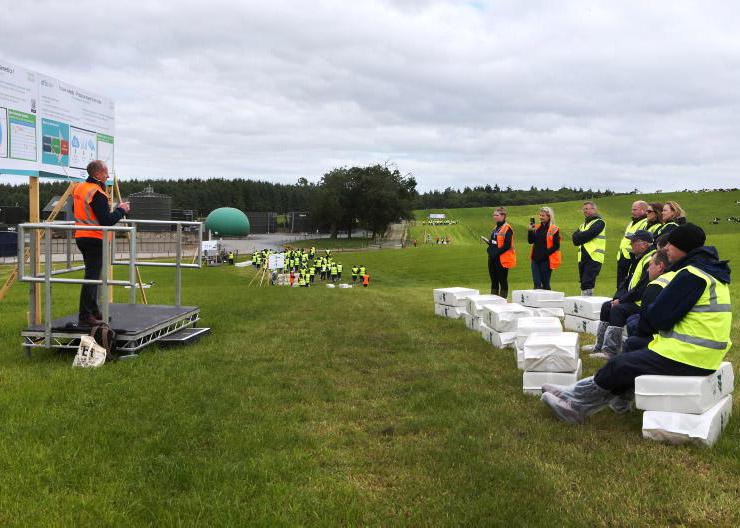
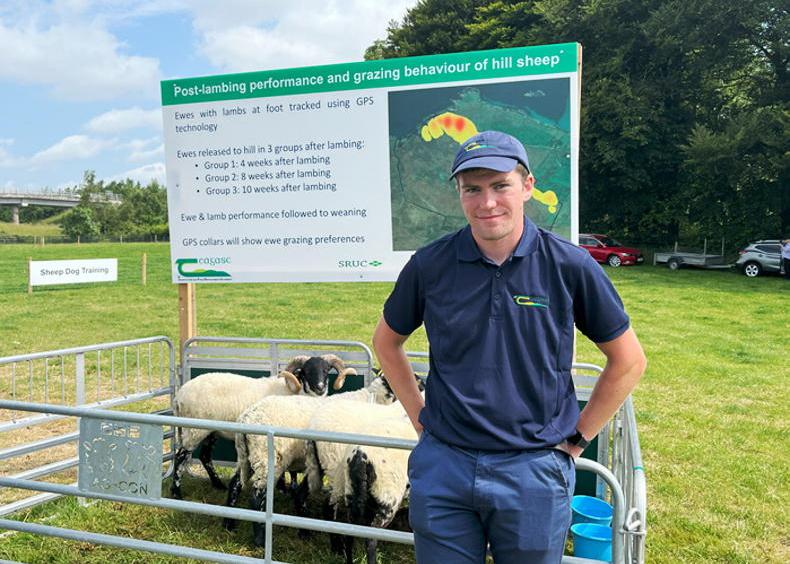
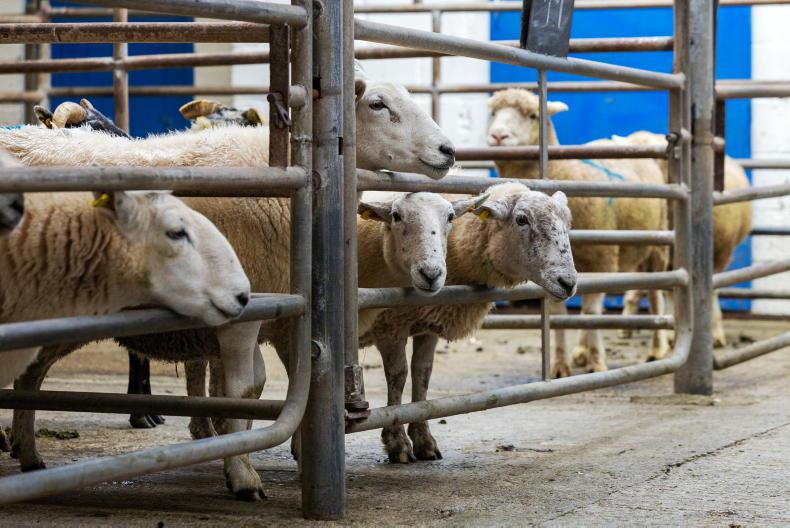
SHARING OPTIONS